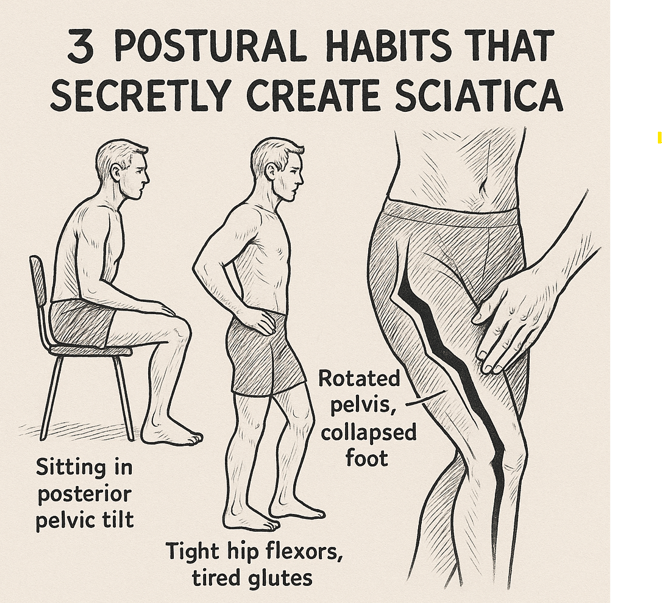Wrist and hand pain? Causes & recommended treatment
- JANMI

- Feb 22, 2021
- 2 min read
Updated: Mar 19, 2021

There are three main reasons why there could be a pain in your wrists and hands, and these are carpal tunnel syndrome, repetitive strain injury and arthritis. Since the first two are the most likely outcomes of a sedentary lifestyle, such as working from home (no commute or walking around the office, for example) which the majority of us are doing now, and will continue to do, those are the two we will focus on here.
Carpal tunnel syndrome
Carpal tunnel syndrome (or CTS, to its friends), occurs when the median nerve (this runs from the forearm and into the palm of the hand) is compressed at the wrist. The carpal tunnel is a narrow passageway of ligament and bones which is found at the base of the hand. The median nerve, and the tendons that connect to the fingers, pass through this.
People are more likely to develop carpal tunnel syndrome if their job, or even hobby, involves excessive manipulation of the wrist, or even if they have sustained an old injury such as a wrist fracture. Long periods of keyboard use and sewing are prime examples of excessive wrist use that can cause CTS.
Symptoms of carpal tunnel syndrome can include:
· Numbness, itching, tingling in the hand and/or fingers
· Pain and tenderness in the hand
· Shock-like sensations, in the thumb and first three fingers
· Sometimes weakness in the hand
Physical therapy can help to alleviate the associated pain and immediate symptoms, and an exercise programme designed to gently increase strength, improve functionality and range of motion. A wrist brace can also help in supporting the carpal tunnel.
Repetitive strain injury
RSI (repetitive strain injury) is the term that is given to the discomfort and pain that is felt in the tendons, muscles and nerves as a result of repetitive movements and also overuse of limbs and extremities. These are usually:
· Forearms
· Wrists
· Fingers
Constant movement repetition can cause inflammation and damage to the soft tissues. Common symptoms of repetitive strain injury can include.:
· Shooting pain, burning sensation, aching etc.
· Numbness and tremors
· Weakness of the forearms and/or hands
· Everyday activities such as turning taps, door handles and chopping vegetables become difficult
· Unusually cold hands, especially the fingertips
Treatment for RSI can include physical therapy to ease the pain as well as immediate symptoms. A physical therapy programme can help you to improve posture and functionality. A physical therapist can also advise on the activities that may be causing your repetitive strain injury.
You can start on getting the right treatment and relief from your wrist and hand pain or RSI today by booking an appointment with one of our expert Physical therapists.
If you are suffering from pain in your hands or wrists, or anywhere else for that matter, there is no reason for you to continue on in pain. Get in touch with us, or book either a remote or in-person appointment.



Comments